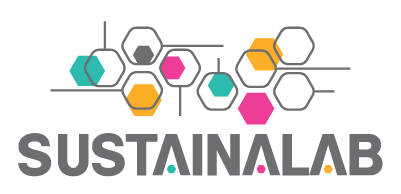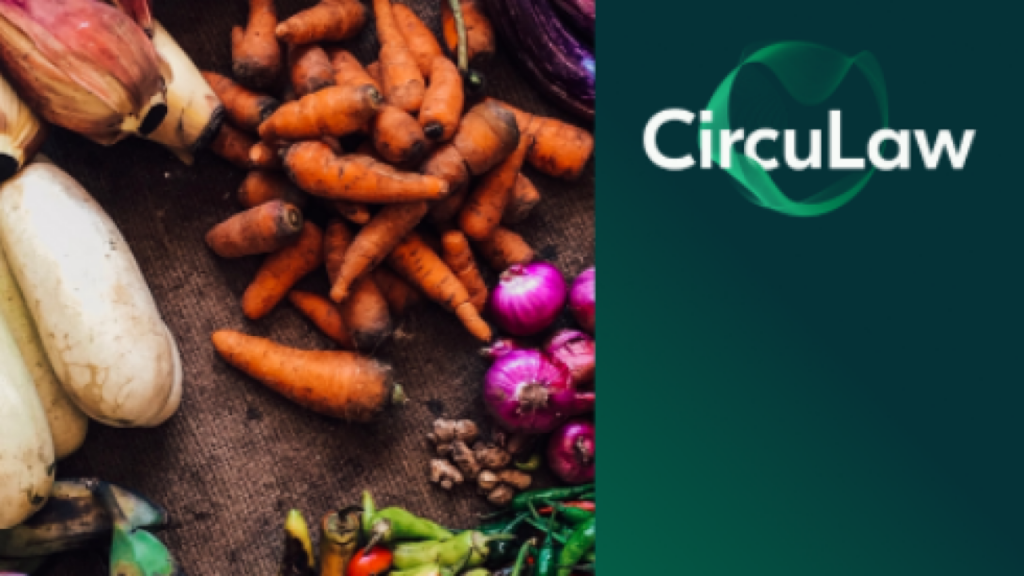“Smart entrepreneurs will close the loop, March 11th to 16th, 2024.”
“The greatest national networking and inspiration event for (aspiring) circular entrepreneurs is the Circular Economy Week. a week jam-packed with lectures, trips, visits, and workshops across the nation, all leading up to the Circular Awards presentation. Would you like to take part? Enrollment is still available through February 16th.”
What’s happening?
Webinar: March 12, 2024 – 10:00 – 11:00
How can environmental law, purchasing policy and other legal instruments be used for a circular food system? This question will be central in an online sessions during the #WeekOfTheCircularEconomy organised by CircuLaw and the municipality of Amsterdam, streamed from SustainaLab.
With the concrete case of combating food waste for which 19 legal instruments within a new theme were recently shared on the CircuLaw platform.
More information:
https://www.linkedin.com/events/juridischeinstrumenteninzettenv7163938192033828864/
Interactive knowledge sharing: March 12, 2024 – 11:30 – 13:00
During this knowledge session we will discuss with legal experts, researchers and policy makers how current laws and regulations can be used by decentralized governments (municipalities, provinces) to accelerate the circular economy.
- What experiences and questions are there from the daily practice of policy makers?
- Which instruments are interesting and can governments get started?
- What is needed for your organization to actively engage in the circular transition?
Many tools we show within this theme are also deployable on other themes available on the CircuLaw platform.
Combating food waste: why is this relevant to decentralized governments and what can they do?
Globally, our food system produces more than a quarter of our CO2 emissions and is responsible for many negative impacts on people and the environment through such things as forced labor, pollution and biodiversity loss.
Despite this, not all the food produced is eaten. In the Netherlands, about 25% of all food is wasted. This occurs at various points in the chain: from production to consumption in restaurants or at home.
Curbing food waste is, next to eating more plant-based food, one of the most effective ways to reduce the negative impact of food. The Dutch government and decentralized governments have therefore committed to reducing food waste by 50% in 2030 compared to 2015.
Decentralized governments also have an impact on this, and can do their part. CircuLaw helps policy officials to make more and better use of the possibilities offered by the legislative and regulatory system. This allows governments to be more prescriptive and accelerate the circular transition.
More information:
https://www.linkedin.com/events/juridischeinstrumenteninzettenv7163938192033828864/

